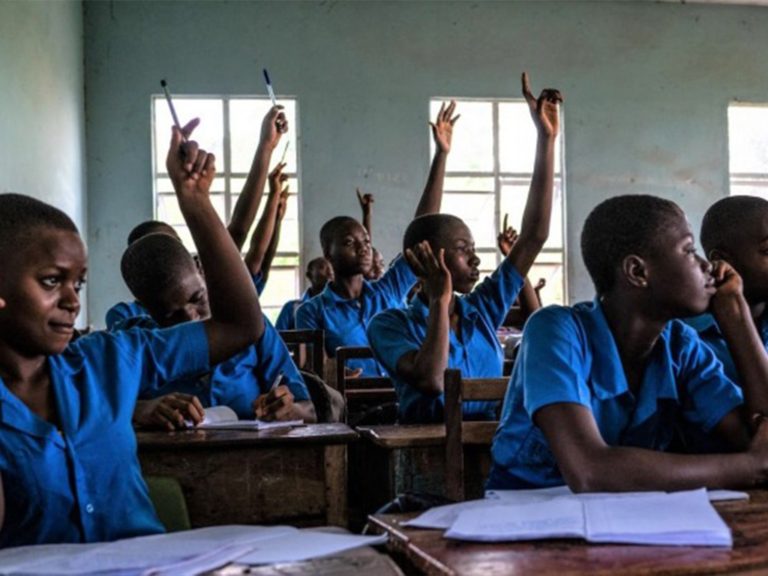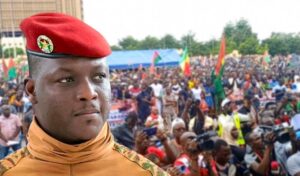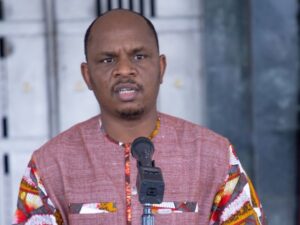Nigeria: Primary education will now be in local languages.

The Nigerian government approved on Thursday 1st December, a new national language policy proposed by the Nigerian Minister of Education, Adamu Adamu. For him, « students learn better in their national languages ». Numerous studies have emphasised in recent years the importance for Africans to give more space to their languages in the public space. Nigeria has just started to promote its national languages.
No clear information has been given on when the reform will start to be implemented. But all local sources confirm that English will be removed from primary education to facilitate the change. The Minister of Education has acknowledged that the reform will be difficult to implement as it « will require a lot of work to develop teaching materials and find teachers ». Also, Nigeria alone has over 600 local languages.
The example of the Igbo language, an ethnic group in Nigeria, which is now taught in some of the world’s leading universities, certainly had a role to play. Making one’s languages known outside one’s country is one of the most common ways for countries to exert influence.
For example, Kiswahili, celebrated a few weeks ago by Unesco as the most widely spoken language in Africa, has served as a channel for spreading the culture of East African countries across the continent and beyond. If the Nigerian reform is successful, it will also have an important influence in the future on the Nigerian media landscape, which has long been dominated by English-language media.






